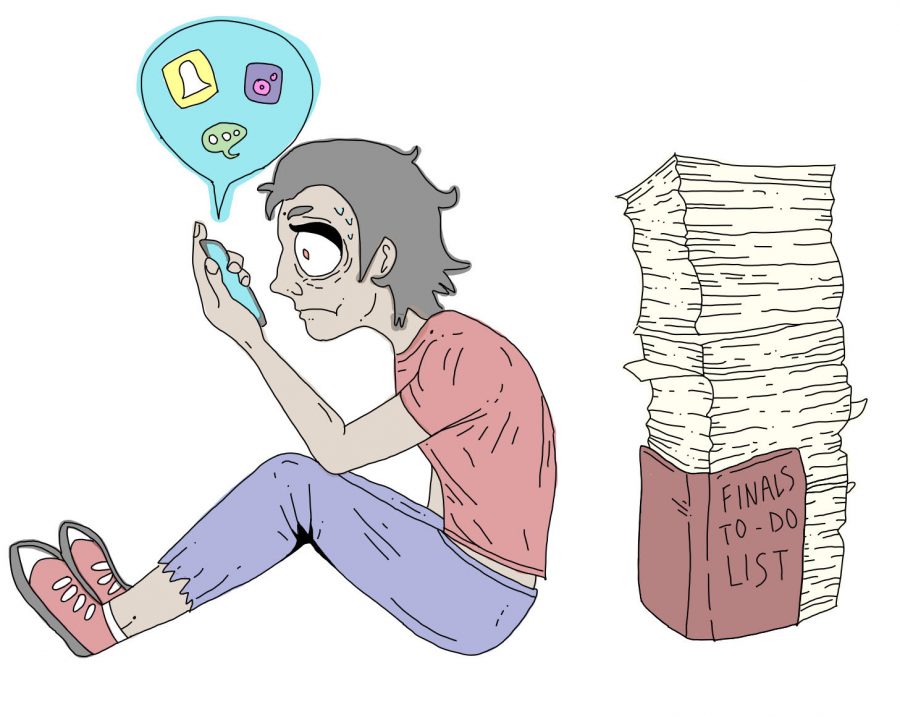Answering The Age Old Question: Why Do We Procrastinate?
There actually might be a scientific reason for procrastination.
teens like to waste their time.
“Assignment due next Friday,” Canvas displays on your iPad. Somewhere amidst your long list of homework, this particular assignment is pushed to the backburner. The due-date creeps closer and closer until midnight is rapidly approaching on the night before. Now stress, guilt, and self-hatred infiltrate your mind as you plow through the work. This procrastination ruins many peoples’ lives, so why do we still do it?
According to Leon Ho, founder, and CEO of Lifehack, there are surprisingly many different causes of procrastination. A few of these root causes include fear of imperfection, a lack of structure and goal-setting, avoidance of difficult and overwhelming tasks, lack of prioritization, or an inclination for distraction. Each of these can be tackled individually in order to correct the bad habit of procrastination, but there is an even deeper cause that is harder to combat.
This deeper, nearly impossible to the battle cause of procrastination is explained by psychologist and U.C.L.A. professor, Dr. Hal Hershfield: “On a neural level, we perceive our ‘future selves’ more like strangers than as parts of ourselves. When we procrastinate, parts of our brains actually think that the tasks we are putting off — and the accompanying negative feelings that await us on the other side — are somebody else’s problem.” Our brains instinctively want to do what is easy and fun at the moment, leaving the difficult and boring tasks to someone else: you in the future.
However, it is possible to overcome this bad habit. According to the Mind Tools staff, the steps of overcoming procrastination are: recognize that you are procrastinating, figure out why you do this, and adopt specific strategies that combat your specific reason for your procrastination. These strategies could include limiting distractions, promising yourself a reward, getting your hard tasks done early in the day, or even asking others to encourage you and check up on you. So, stop procrastinating today. Not tomorrow, not the next day. Today.




